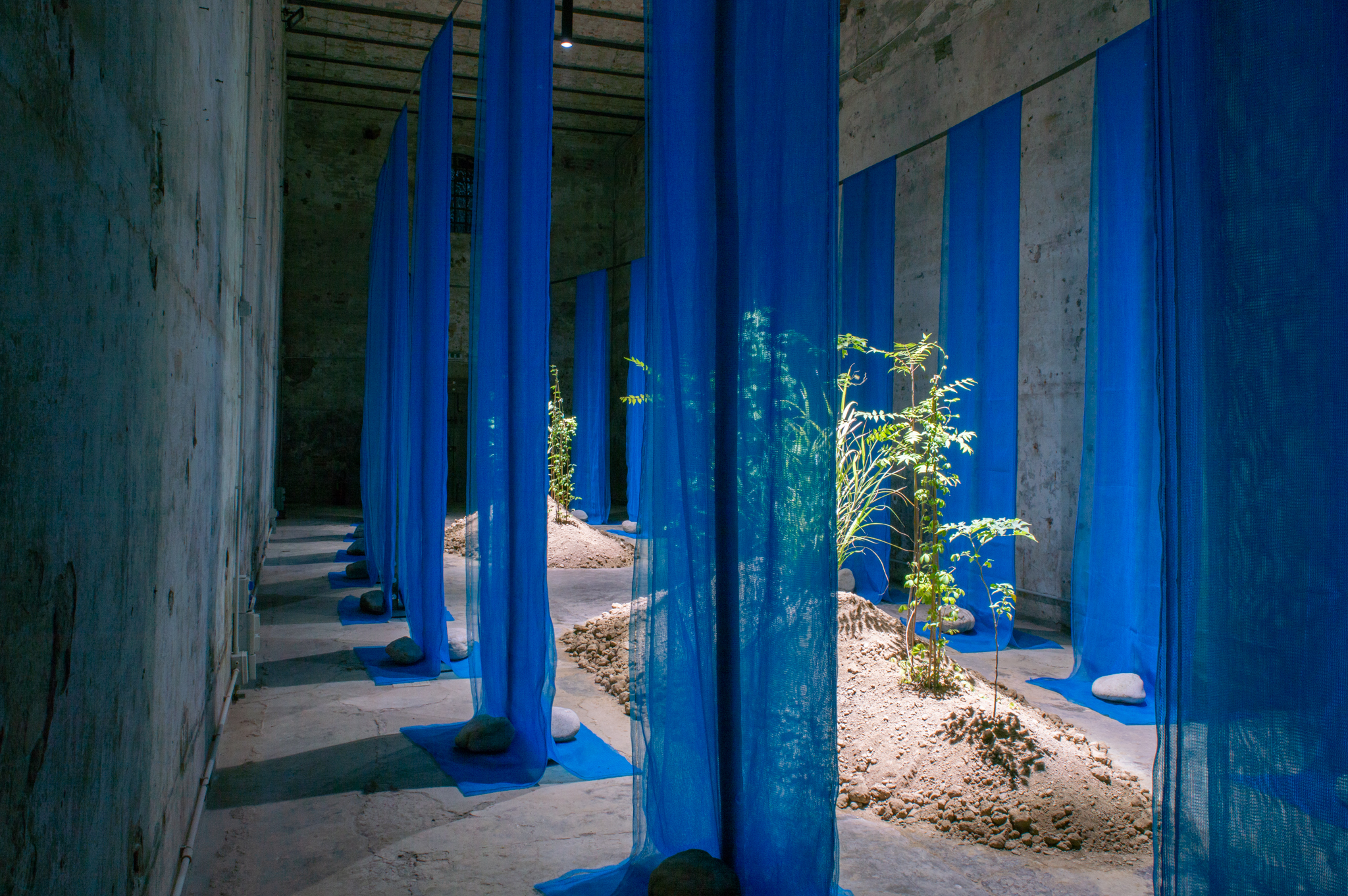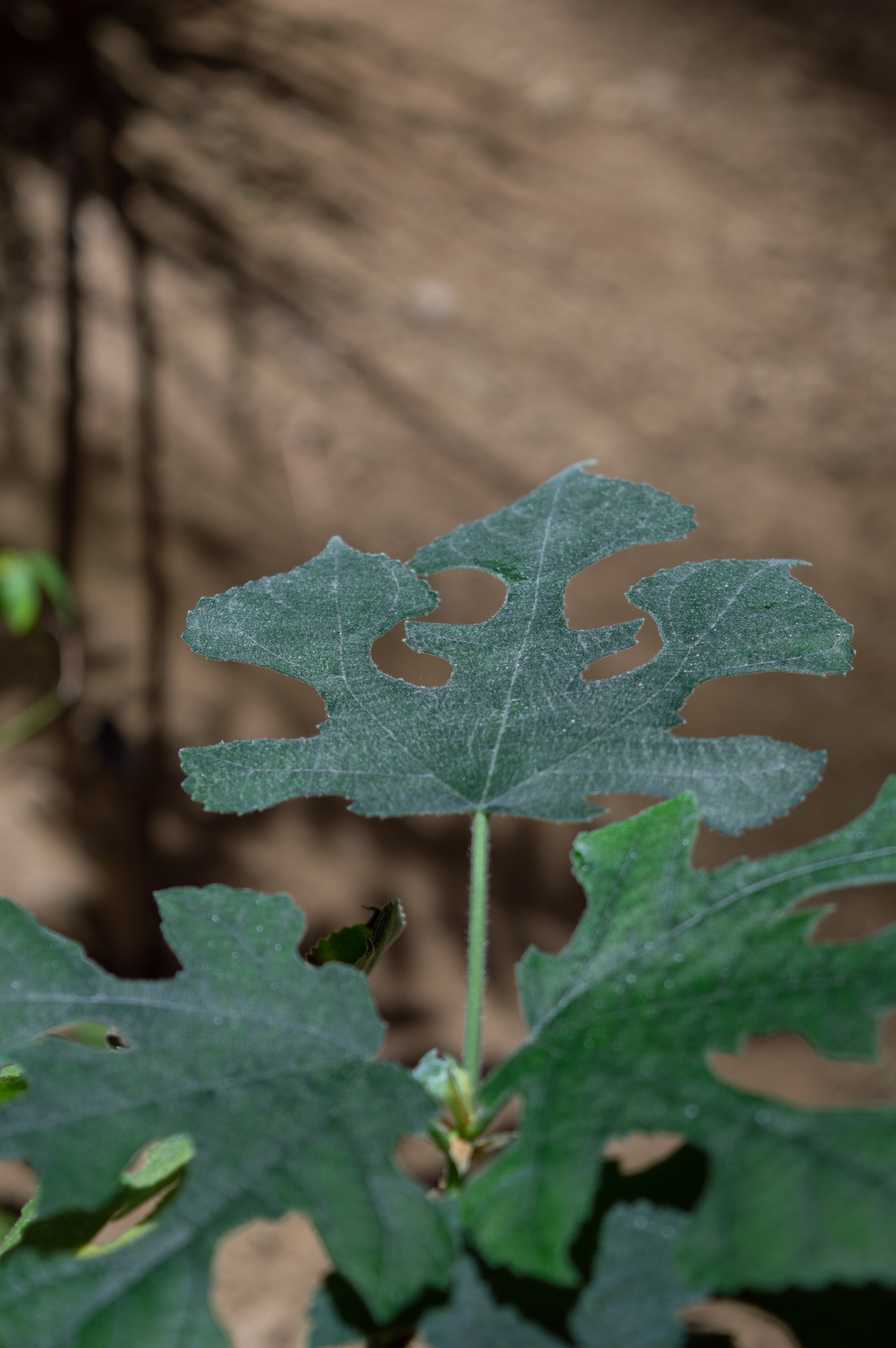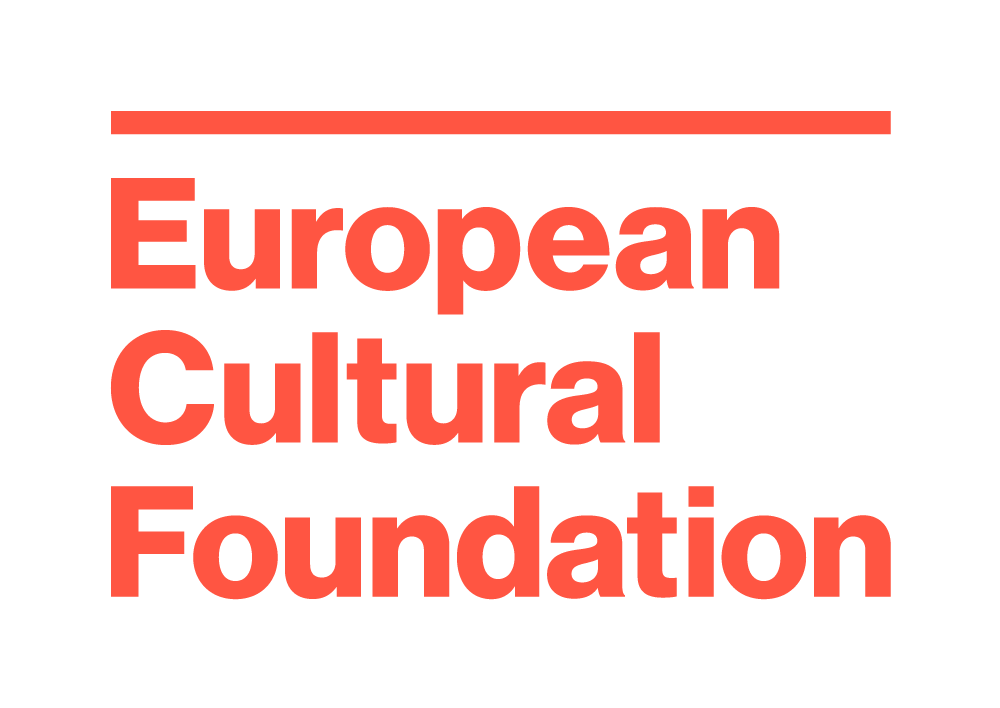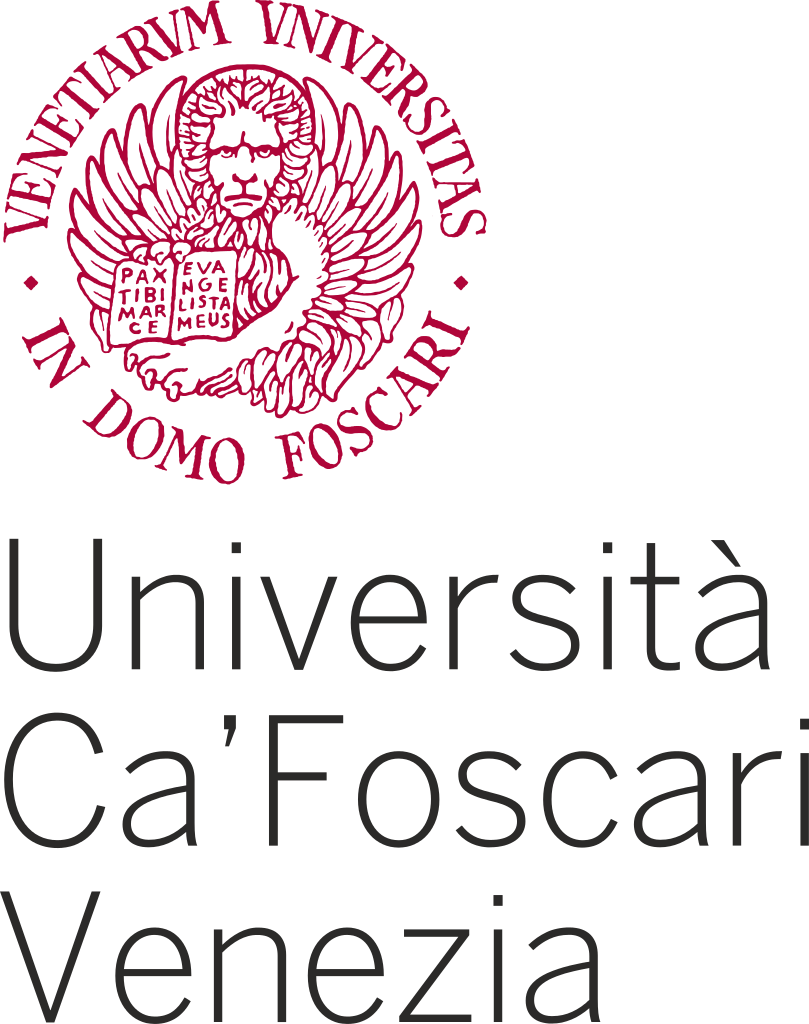Studio Wild is one of the winners of the Open Call of Het Stimuleringsfonds Creative Industries and HNi
for La Biennale di Venezia.
In 2021 Studio Wild will be part of the official Dutch parallel program
The Forbidden Garden of Europe
Studio Wild’s The Forbidden Garden of Europe hosts a garden of ‘invasive alien plant species’. They have been listed for their ethnic and biological characteristics and pose a threat to European native species. The European legislative act of 2016 instated a list of 35 invasive plant species which are to be eradicated and banned from European soil. This garden was selected by Het Nieuwe Instituut and the Creative Industries Fund NL from their Open Call ‘Who is we?’ for the public parallel programme of the Dutch pavilion, during the 17th International Architecture Exhibition of La Biennale di Venezia in 2021.

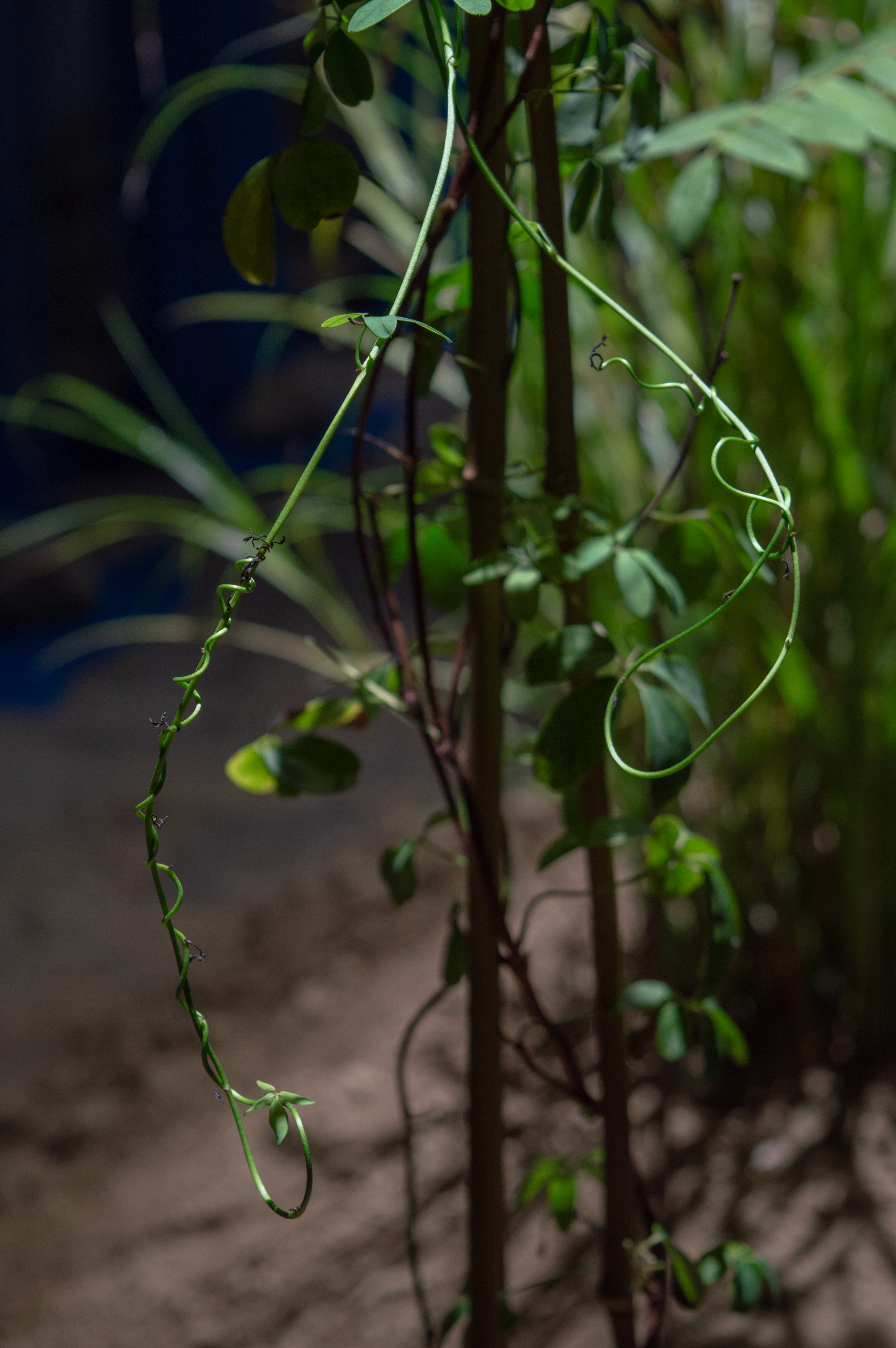

Partners:
- Orto Botanico Università di Padova
- Het Stimuleringsfonds Creative Industries
- Nederlandse Ambassade Rome
- HNi
- Università Iuav di Venezia
- Spazio Punch Giudecca
- Robida
- Universita Ca’Foscari
- Fondazione Benetton Studi Ricerche
- QC Lightfactory
- Botanische Tuin TU Delft
- Van Vliet Duurzaamhout
Using plants as metaphor, The Forbidden Garden of Europe sheds new light on politically charged topics and tells the stories of these invasive alien plant species, which are provided by the Padua Botanical Garden. Based on their characteristics, these species pose a threat to native European plants and are illegal to be grown, traded, or transported throughout the EU. Studio Wild’s aim is to create a parallel between the fate of these species and the fate of many of our neighbours who struggle to find common ground in Europe just because they are different. The studio wants to question this European legislation, and by doing so, provoke the discussion on whether spatial, legal and social restrictions contribute to a more inclusive society.


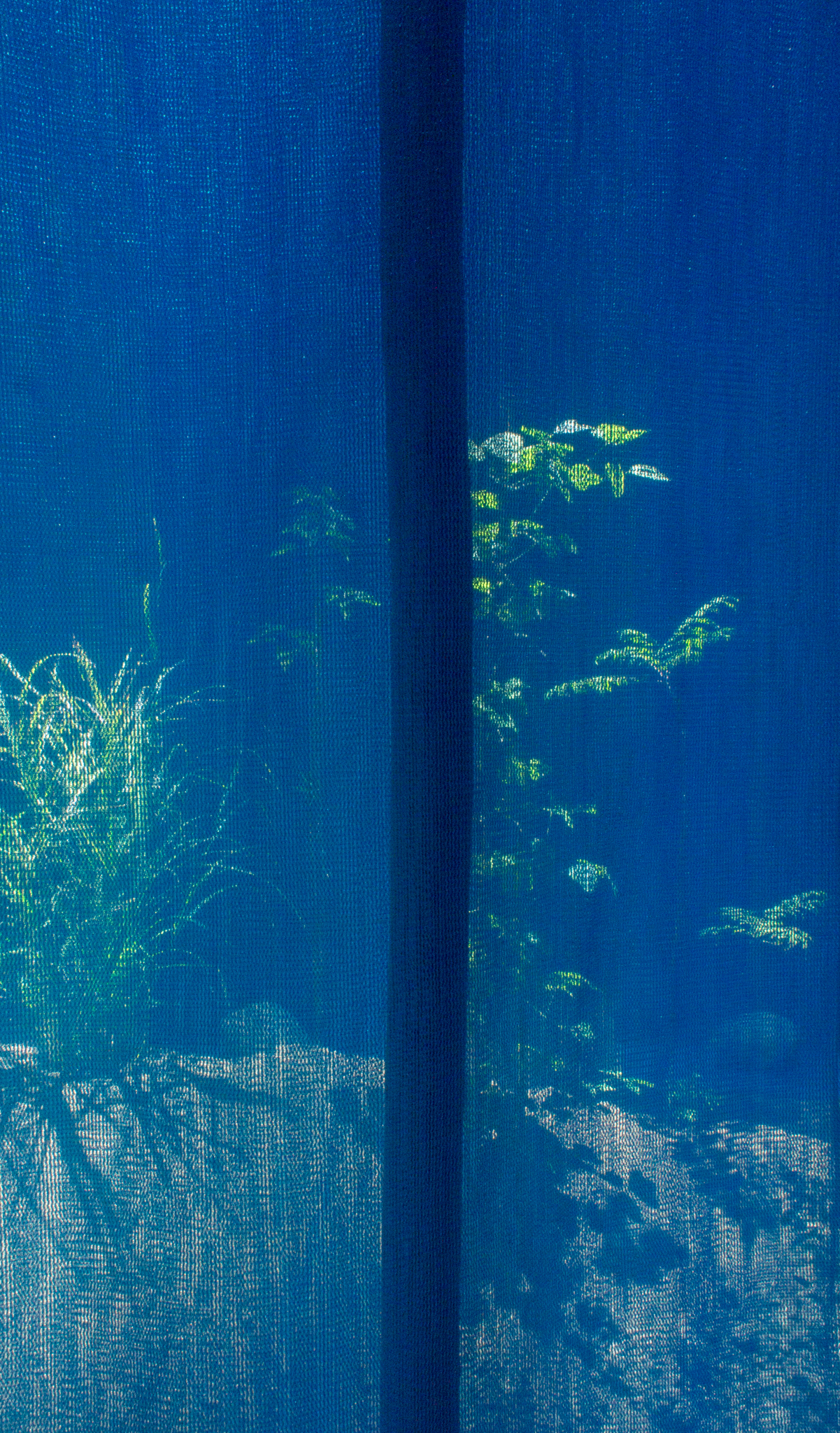
All the plants for the exhibition were provided by the University of Padua Botanical Garden, the world’s oldest university garden, UNESCO World Heritage Site since 1997. Padua Botanical Garden has always played a crucial role in protecting biodiversity, as well as preserving, enhancing, and transmitting to future generations the richest possible variety of vegetable species, with a particular focus on those rare or endangered.
As Voltaire has put it at the end of Candide: “Il faut cultiver notre jardin”. In order to change the world around us, we have to take responsibility for cultivating our garden. With this notion in mind, we can investigate new ways of living together.Rather than banning plants from European soil, Studio Wild tries to cultivate coexistence in a post-Covid-19 society. This is the time to recalibrate ourselves and set course for future-oriented solutions. With The Forbidden Garden of Europe, the studio wants to expand the notion of Europe as an open and shared public space for everybody during times of inward looking and decision-making based on nationalistic values.
